Frugal living is one of the basic aspects of homesteading, along with self-sufficiency, resourcefulness, and living sustainably. Making conscious choices with purpose when spending money gives homesteaders many advantages.
A good definition of frugal living is practicing a mindset of making intentional choices regarding your use of money, time, and resources.
Over many years, I’ve learned and practiced frugal living. It’s given me peace of mind and helped me shape the future of my homestead.
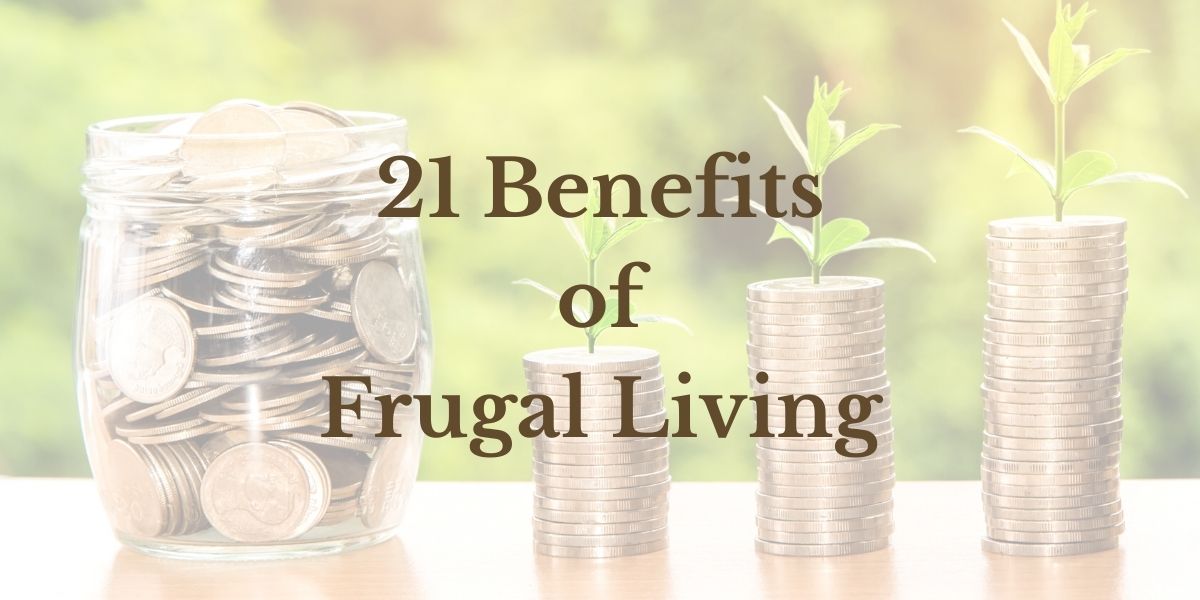
Here are 21 benefits I’ve found for homesteaders who choose to live a more frugal way of living.
**DISCLAIMER**This blog post contains educational content related to finances and homesteading. While I’ve made every effort to provide accurate and valuable information, I am not a financial professional. You should consult with a financial advisor or expert who can consider your unique individual circumstances before making any financial decisions. The insights shared in this blog post are based on my own experiences and research, and should not be considered as a replacement for personalized financial advice.
Financial Benefits
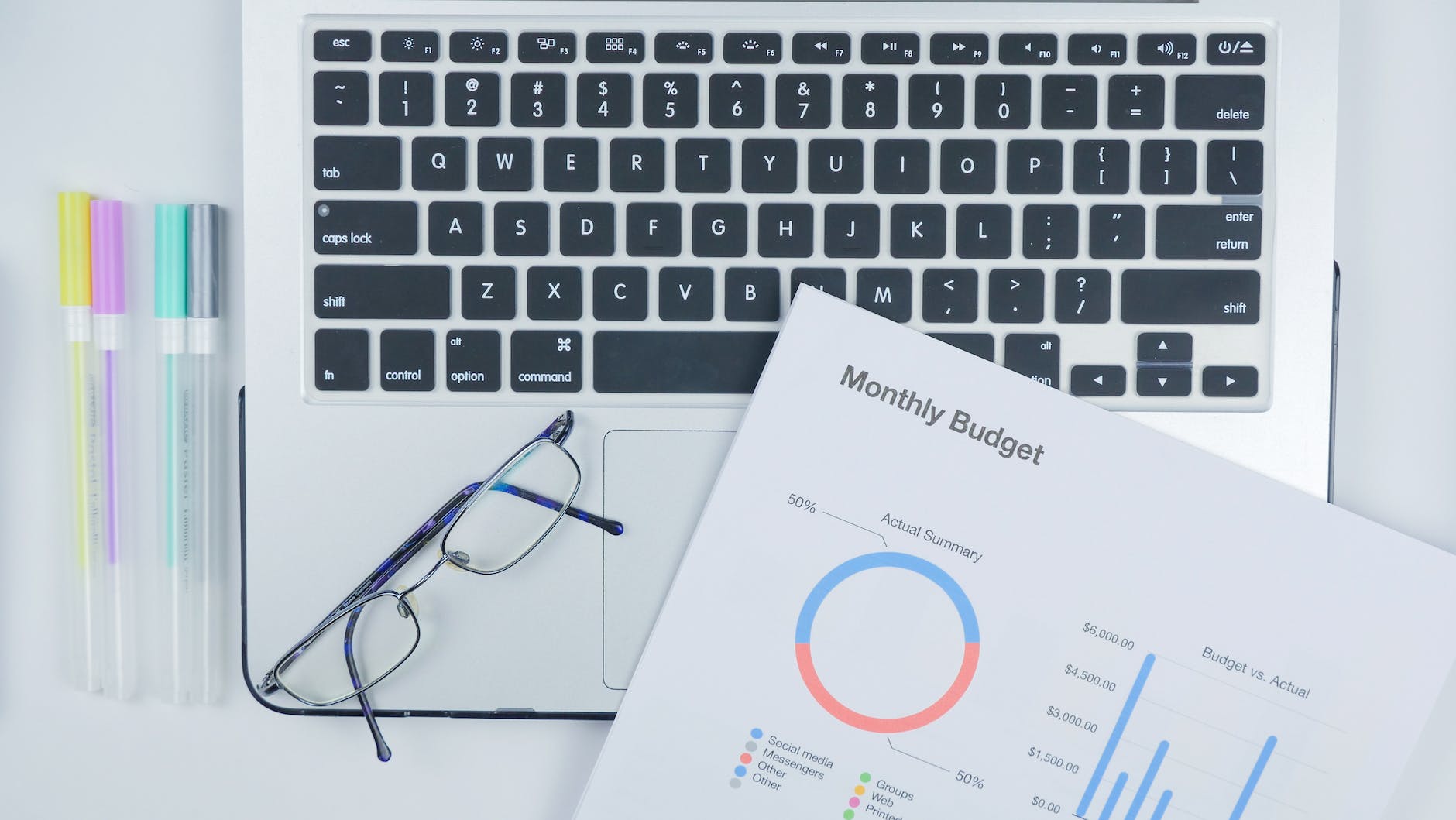
Frugality is more than just cutting costs; it’s managing your finances in a way that benefits you and your family. Learning financial skills is just as important on a homestead as other skills such as gardening, food preservation, or any of the other numerous skills we practice.
Expense Reduction. This is probably the easiest step to take with the quickest result. Evaluating your “needs and wants” and making appropriate choices can reduce your spending on unnecessary things which will in turn give you more money to commit to quality choices.
Using a budget, sticking to the list when grocery shopping, not impulse buying, and researching products to get the best quality we can afford, are some of the techniques we practice here on our homestead.
A Balanced Budget. Adopting a budget-friendly lifestyle helps you understand where and when to allocate funds. We align our homesteading projects with our budget to create a smooth workflow throughout the seasons. For example, knowing when you’re fencing, when garden seeds need to be purchased, or a new shed needs to be built can help you plan ahead and set aside savings to be ready to use when the time arrives.
Emergency Fund Establishment. Making good frugal financial decisions can help you build an emergency fund. This safety net can allow you to manage unexpected expenses such as medical bills, veterinarian bills, equipment repairs, or other unforeseen or unplanned challenges.
Debt Reduction. Almost everyone has some type of debt to manage whether it’s a car loan, mortgage, student loans, credit cards, or other types of debt. Living frugally can help you minimize wasteful spending and use the extra to pay down outstanding debt. I personally know several people who have managed to live without these types of debts for decades by living a frugal (and comfortable!) Life.
Long-term Savings. Whether you’re saving for a large investment such as a piece of property, equipment upgrades, or even retirement, living in a financially conscious manner can increase the amount of money you’ll be able to save.
Investing in Sustainable Practices. Living economically can provide extra money to invest in sustainable practices such as renewable energy sources like solar panels, water conservation using a rainwater system, or building a rotational grazing system. For example, we have been able to invest in several solar options for our homestead with money we’ve set aside while living in a financially conscious way.
Educated Financial Decisions. There are many ways to practice frugality. By educating yourself and making informed decisions, you’ll wisely choose products and services that provide the best value for the money you spend.
Increased Financial Flexibility. With fugal practices in place, there’s a greater ability to be flexible when changes to income happen such as a loss of job, unexpected medical bills, or other economic changes.
Reduced Financial Stress. With mindful spending, thrifty choices in wants and needs, balancing a budget, and establishing savings, financial stress is reduced greatly. This can lead to greater satisfaction in your home and family life. A recent survey by Forbes Advisor stated that 68% of Americans said financial regrets caused stress in their lives. Top reasons included: not saving enough for retirement, too much credit card debt, too little savings, and bad financial investment strategies.
Frugal living can give homesteaders a sense of control over their finances and greater sense of peace of mind.
Quality of Life Benefits
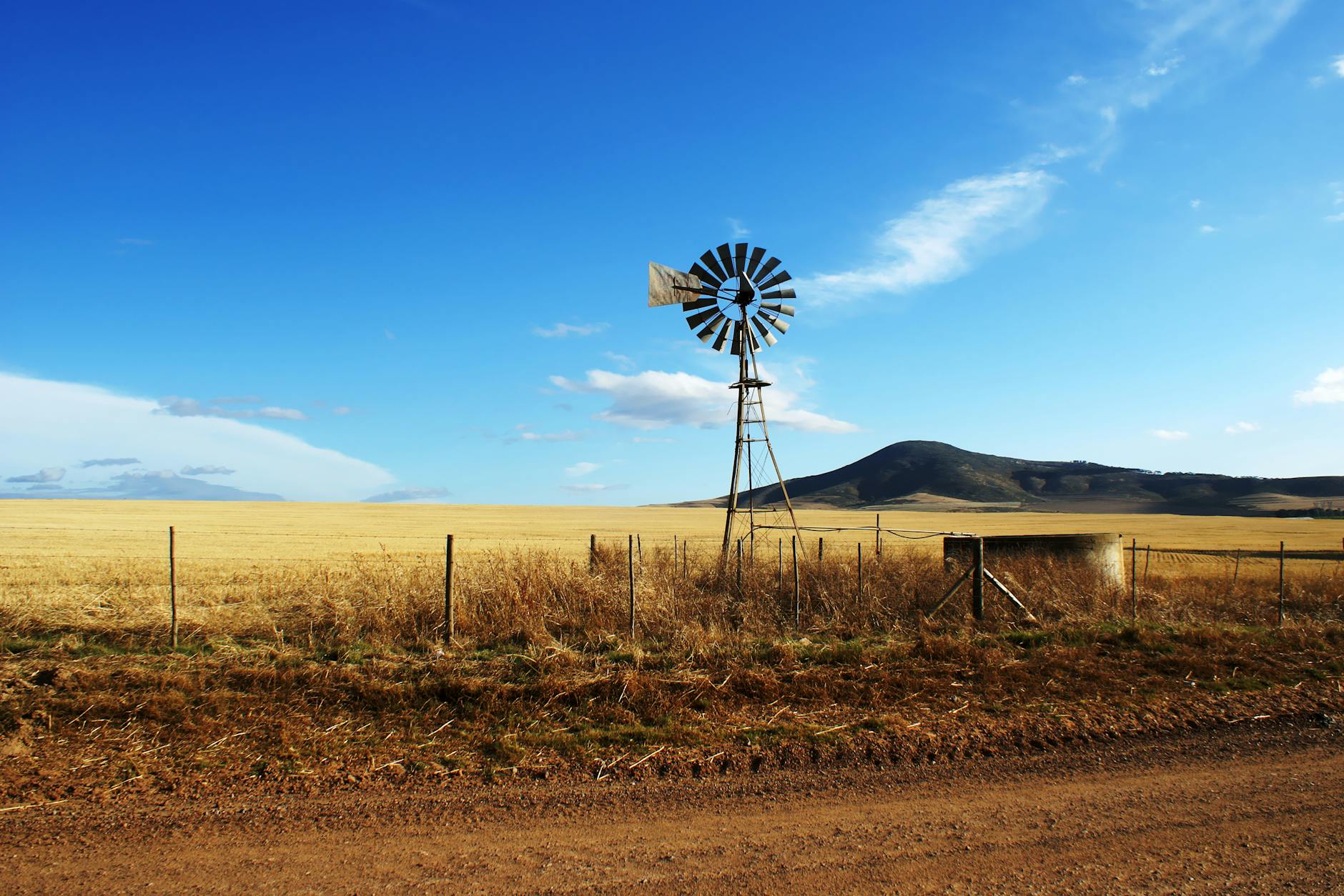
There’s more to frugal living than saving money. Take control of your time and freedom by implementing resourceful living practices such as these.
Self-Sufficiency. One of the greatest motivations to becoming a homesteader is self-sufficiency. Frugality offers a homesteader the ability to better manage their own money and time. This in turn, gives you a greater ability to provide for yourself and your family using your own abilities and live a more independent lifestyle.
Waste Reduction. Less consumption, thrifting, DIY, repurposing, repair over replace, preserving excess produce… these are all frugal waste reduction practices that will improve your quality of life. Consider quality over quantity and zero-waste practices for your homestead.
Energy Efficiency. Reducing energy use around the homestead can result in lower energy costs. Choosing energy-efficient appliances or optimal temperature control inside the home can provide a more comfortable, yet affordable lifestyle. Renewable resources such as solar can contribute to your homestead’s energy efficiency and provides less energy drain on an ever-increasing unstable electric grid system.
Minimalism and Simplicity. Living a minimalistic life on a homestead can be challenging with “all the things” that homesteaders do. But by focusing on what truly matters, finding contentment in the simplicity of life, and living intentionally (and frugally) we live a much better quality of life than many in the modern world.
Homestead Garden and Livestock Benefits
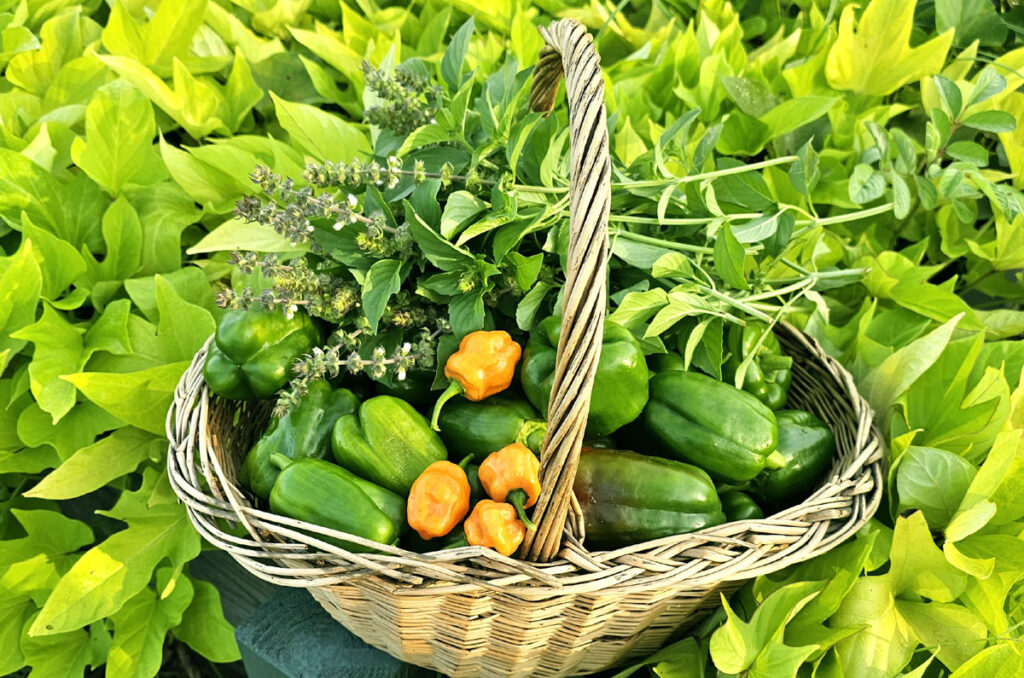
The garden is a great place to practice frugal living. From saving seeds, to water management, every part of your gardening experience can benefit. Your livestock too, will benefit in many ways from your practical and resourceful choices.
Gardening for Food. Having food at-hand from your garden can save you money on your grocery bill, provide more nutrient-rich fruits and vegetables, and reduces the cost and energy usage of food transportation around the world. Read Frugal 5 – Frugal in the Garden to find my best tips and advice for growing a frugal garden.
Preserving Food. When you preserve your garden produce, you minimize food waste and provide future meals for your family. Frugal food preservation techniques such as making turkey broth, fermenting, or freezing excess extend your harvest and offer opportunities for creative meal prep.
Benefits to Livestock. With practical management, resourcefulness, and any eye towards efficiency, your livestock can also benefit from a frugal mentality. Learn how to grow your own livestock feed, practice efficient water management, consider rotational grazing, use ecological best-practices for manure management, and “repair before replace” your equipment.
Community Benefits

Although homesteaders pride themselves on being self-reliant, no one is an island unto themselves. Consider these simple and budget-conscious ideas to enrich your life and the lives of those around you.
Community Sharing. Collaborate with neighbors by seed swapping, trading skills, and bartering other goods or services. Build a strong community and great friendships by including others in your thrifty lifestyle.
Community Events. Participate in the events your community organizations offer. Many Extension Services or Master Gardeners offer free classes in subjects like agriculture, natural resources, home landscapes and other life science services. Local nurseries will give classes about practices such as tree care or plant pest management. Take advantage of these inexpensive offerings and enrich the lives of yourself and others from what you learn.
(Hey Floridians! You can find your Florida Extension Office here!)
World and Environmental Benefits
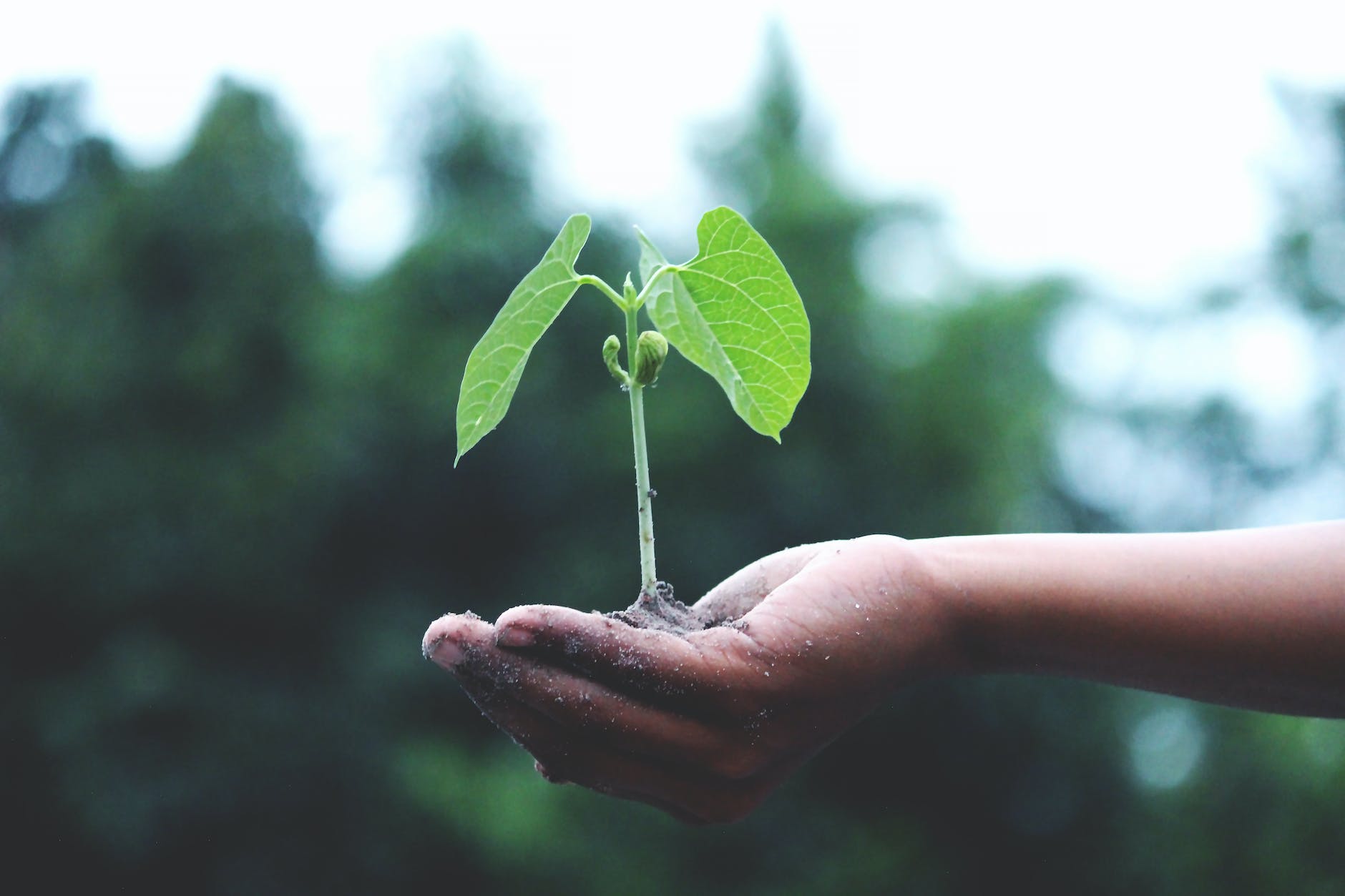
Practicing resourceful and frugal habits on your homestead can have worldwide effects. Even if you consider yourself just a drop of water in the ocean of humanity, every drop still creates a ripple.
Prioritize your financial, time, and resource management to benefit the world. Here a just a few ways you can make a difference with your frugal living practices.
Water Conservation. Reduce or eliminate reliance on municipal water resources by collecting rainwater. Consider drip irrigation in your garden to get the water directly where they plants need it and minimize water waste. We are currently working on our water catchment system to harvest water for our garden and food forest.
Land Conservation. Use a strategic approach to managing your land. If you have a large piece of land, consider setting it aside for future use. It allows the development of biodiversity in your local ecosystem, reduces maintenance costs, allows for natural water filtration and flow, and adds aesthetic appeal to your homestead.
Composting. Food waste is a huge problem in our modern society. On average, the world wastes about 2.5 billion tons of food every year. * There are many complexities to this problem, but by taking the effort to compost when you can, meal plan, and practice a frugal mentality when shopping for food, you can make a difference for our world. We set up a compost system early in our new homestead development.
In Conclusion
There’s my top 21 benefits to frugal living on the homestead. Everywhere on our homesteads we can implement small, frugal practices. Over the years, the money, time, and resources saved will not only benefit you and your family, but also your community and the world.
Many people talk about our carbon footprint on the world. I’d like to inspire you to leave your “homesteading footprint” on the world with your frugal homesteading practices. Feel free to leave a comment on how you are impacting your community, or even the world with your “homesteading footprint.”
Here’s more info on how you can get started:
Resources
- Forbes Advisor – Financial Regrets 2023
- Find Your Florida County Extension Service Office
- Food Waste in America
FAQs
For starters, find tips in the Frugal 5 Series on this website. Other ideas: try to live more simply, get out of debt, make “needs vs. wants” a priority., set up a budget and learn how to wisely manage your money.
Frugal living is about making financial choices that emphasize saving money, reducing waste, and making efficient use of resources while still enjoying a good quality of life.
Simple living is a more holistic approach that goes beyond finances. Its purpose is to find more contentment and fulfillment by reducing excess and distractions both physical and mental. It involves intentional choices that align with one’s values.
Minimalism is a lifestyle philosophy where one intentionally chooses to eliminate as much as possible. Experiences, meaningful relationships, and personal growth are valued over acquiring physical items. It’s about finding freedom and happiness in owning less.
Absolutely! In addition to the benefits in this article, I believe it truly makes living better. I’ve been living frugally most of my life. I’ve found enjoyment in the simple things in life. Plus, I’ve been able to afford my homestead, raise 3 wonderful kids to become responsible adults, take occasional trips, and attend fun sporting events.
[…] hundreds of dollars annually. These small changes add up over time, leading to significant savings10. I’ve also been able to reduce my debt and invest in opportunities that align with my […]